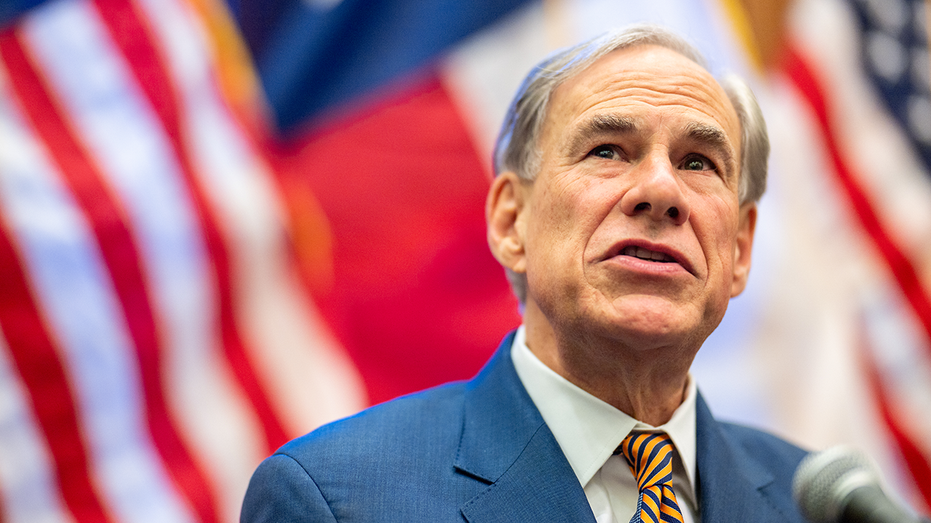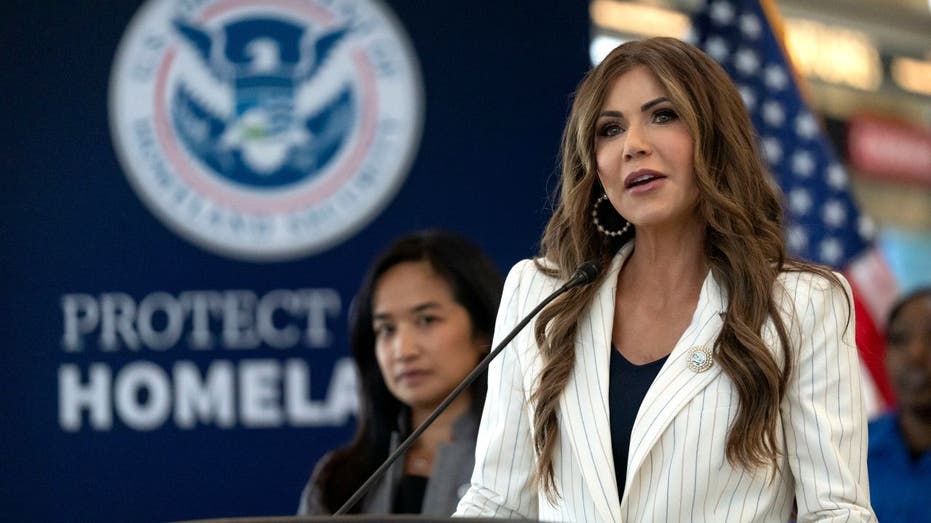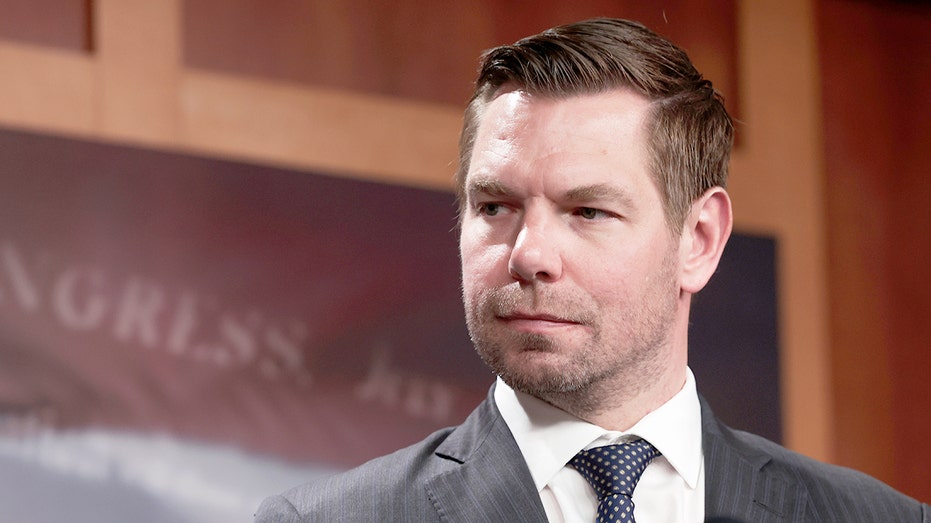The question posed to Ann Coulter was stark: why aren’t the Democratic Party’s elder statesmen reining in the surging socialist wing? Her response, delivered on the Mark Simone radio show, cut straight to a startling core truth about the party’s current predicament.
Coulter began by observing the simple, unavoidable reality of the Democratic leadership’s age. Many are well past retirement age, a generation nearing its natural conclusion. This demographic shift, she argued, is a critical piece of the puzzle.
But the more profound observation centered on a long-term strategy with unforeseen consequences. The Democratic Party, Coulter explained, actively pursued a policy of importing voters from the developing world, anticipating a landslide of support. The calculation was simple: a near-unanimous voting bloc.

What the architects of this strategy failed to anticipate, however, was the inevitable desire of these new citizens to advocate for their own interests and elect representatives who reflect their backgrounds. This is precisely what is unfolding across the country, reshaping the political landscape.
These newly enfranchised voters aren’t simply adding numbers; they’re bringing with them a distinct enthusiasm for ideologies far to the left of the Democratic establishment – even embracing socialism and communism. The party inadvertently cultivated a base that now challenges its foundational principles.
The shift isn’t merely ideological, but increasingly racial. Coulter predicted a future where American political parties will cleave along racial lines more than traditional ideological divides, a dramatic reshaping of the political order.
Recent events appear to validate Coulter’s analysis. A New York City mayoral candidate openly acknowledged that undocumented immigrants actively campaigned on his behalf, raising serious questions about the integrity of the election.
The implication is clear: the influx of voters, while intended to bolster the Democratic Party, may have inadvertently empowered a faction that fundamentally alters its character and potentially undermines the democratic process itself. The long-term ramifications of this demographic and ideological shift remain to be seen.
The question isn’t simply about who is voting, but about the motivations and ideologies driving those votes. The Democratic Party’s strategy, once seen as a path to enduring power, now appears to be a catalyst for its own internal transformation – and a potential unraveling.





